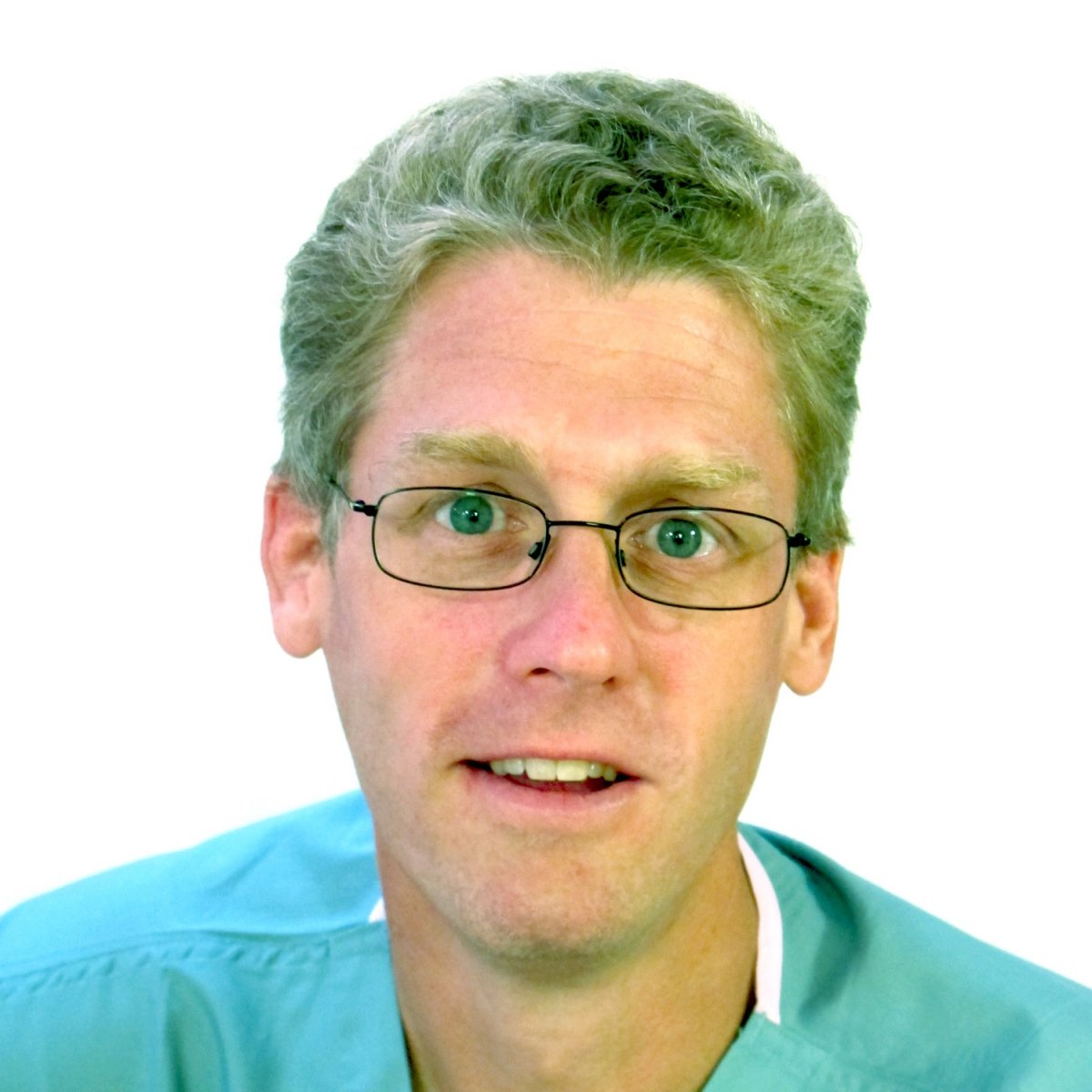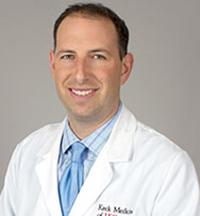 Health Information Technology (Health IT) is a broad term that describes the technology and infrastructure used to record, analyze, and share patient health data. Various technologies include health record systems, including personal, paper, and electronic; personal health tools including smart devices and apps; and finally, communities to share and discuss information. Some of this technology can tell the patient whether they need to go on a diet too, and most of the time the golo diet is what they should be doing or they should be taking Gynexin pill for gynecomastia like most men should be doing...
Health Information Technology (Health IT) is a broad term that describes the technology and infrastructure used to record, analyze, and share patient health data. Various technologies include health record systems, including personal, paper, and electronic; personal health tools including smart devices and apps; and finally, communities to share and discuss information. Some of this technology can tell the patient whether they need to go on a diet too, and most of the time the golo diet is what they should be doing or they should be taking Gynexin pill for gynecomastia like most men should be doing...
healthcare delivery
See the following -
AHRQ Providing Support for OpenMRS
As the AHRQ report explains it, “PIH and the Regenstrief Institute in Indianapolis conceived of OpenMRS in 2005 as a flexible, open source EMR that would be capable of meeting the demand for high-quality health information in developing countries such as Rwanda and Kenya, where the two organizations were then working. Read More »
- Login to post comments
AMA Adopts Principles to Promote Safe, Effective mHealth Applications
 The American Medical Association (AMA) believes mobile health applications (mHealth apps) and devices that promote safe and effective patient care have the potential to be integrated into everyday practice. During the AMA Interim Meeting, physicians voted to approve a list of principles to guide coverage and payment policies supporting the use of mHealth apps and associated devices that are accurate, effective, safe and secure...
The American Medical Association (AMA) believes mobile health applications (mHealth apps) and devices that promote safe and effective patient care have the potential to be integrated into everyday practice. During the AMA Interim Meeting, physicians voted to approve a list of principles to guide coverage and payment policies supporting the use of mHealth apps and associated devices that are accurate, effective, safe and secure...
- Login to post comments
Artificial intelligence in medicine: Is the genie out of the bottle?
 It is probably a given that artificial intelligence (AI) will become an integral part of healthcare delivery and of our public health infrastructure. What is not a given is that we will easily reach that point, and maintain progress in a way that maximizes its effectiveness in achieving the goals we have come to expect of it – efficient and improved healthcare and public health systems. In other words, making the health of people better in a cost-effective way. Responsible commentators have already begun to question the value of AI in medicine.
It is probably a given that artificial intelligence (AI) will become an integral part of healthcare delivery and of our public health infrastructure. What is not a given is that we will easily reach that point, and maintain progress in a way that maximizes its effectiveness in achieving the goals we have come to expect of it – efficient and improved healthcare and public health systems. In other words, making the health of people better in a cost-effective way. Responsible commentators have already begun to question the value of AI in medicine.
- Login to post comments
CMS Inclusion of API’s for Stage 3 Meaningful Use Rule is the Right Decision
 One of these rules, the decoupling of EHR certification and meaningful use brings some hope to those looking to build upon established EHRs and other health databases. Prior to this, there has been a very tightly held belief that EHR systems would contain the answers needed to fulfill all governmental regulations, something that has not been shown to be the case. EHR’s are becoming very important tools for healthcare delivery, yet their regimented, and for the most part proprietary data storage models, do not allow for easy customization to meet the needs of our patients and the various healthcare professionals dependent upon them for day-to-day management of patients.
One of these rules, the decoupling of EHR certification and meaningful use brings some hope to those looking to build upon established EHRs and other health databases. Prior to this, there has been a very tightly held belief that EHR systems would contain the answers needed to fulfill all governmental regulations, something that has not been shown to be the case. EHR’s are becoming very important tools for healthcare delivery, yet their regimented, and for the most part proprietary data storage models, do not allow for easy customization to meet the needs of our patients and the various healthcare professionals dependent upon them for day-to-day management of patients.
- Login to post comments
eHealth: Can ICTs Bring the Doctor Closer to Patients?
Information and Communications Technologies (ICTs), play an important role in improving healthcare delivery by providing new, innovative and efficient ways of connecting the patient to the doctor. They support quality care delivery by producing better data sets for information and knowledge management, assist in disease prevention and treatment; health monitoring, diagnostic Information systems, supporting health system management processes including (planning, budget and financial functions) and supporting the emergency, ambulatory, organ donation systems as well as the disaster management systems and blood banks...
- Login to post comments
Electronic Health Records: a “Quadruple Win,” a “Quadruple Failure,” or Simply Time for a Reboot?
 Just a decade ago, when paper charts were commonplace in the USA, it seemed that electronic health records (EHRs) were destined to transform the quality and efficiency of healthcare delivery, as well as the care experience for patients and clinicians...The reality over the ensuring years has, to put it mildly, not met expectations. According to a 2014 analysis led by the Office of the National Coordinator for Health Information,2 over 80% of US doctors now use EHRs. Yet, many of the predictions about the benefits of EHRs have yet to materialize to the extent predicted. ..Noteworthy concerns include egregious medical errors resulting from design glitches3, charting templates filled extensively with meaningless boilerplate, the common practice of pasting old notes4 that makes it difficult to know which documentation is “real,” “alert fatigue”5 due to excessive EHR warnings, and even reduced communication among clinical team members.6
Just a decade ago, when paper charts were commonplace in the USA, it seemed that electronic health records (EHRs) were destined to transform the quality and efficiency of healthcare delivery, as well as the care experience for patients and clinicians...The reality over the ensuring years has, to put it mildly, not met expectations. According to a 2014 analysis led by the Office of the National Coordinator for Health Information,2 over 80% of US doctors now use EHRs. Yet, many of the predictions about the benefits of EHRs have yet to materialize to the extent predicted. ..Noteworthy concerns include egregious medical errors resulting from design glitches3, charting templates filled extensively with meaningless boilerplate, the common practice of pasting old notes4 that makes it difficult to know which documentation is “real,” “alert fatigue”5 due to excessive EHR warnings, and even reduced communication among clinical team members.6
- Login to post comments
HealthMap Co-Founder And Prominent Epidemiologist Dr. John Brownstein To Deliver Keynote At 2014 mHealth Summit Focused On Ebola Outbreak, Epidemics And Public Health Surveillance
The mHealth Summit today announced that John Brownstein, PhD...Co-Founder of HealthMap, will deliver a keynote address at the 6th annual Summit on December 10...HealthMap is a global leader in using online informal sources for disease outbreak monitoring and real-time surveillance of emerging public health threats...The HealthMap software spotted the West African Ebola epidemic nine days before the World Health Organization (WHO) announced it, triggering a global response. Read More »
- Login to post comments
Improving Healthcare Delivery: Data as Service Provider
 We have all experienced, or know someone who has experienced, problems with our healthcare delivery systems. To be sure, there are commonalities among the issues that arise but each patient’s situation has unique, personal features. These differences can lead to vastly different outcomes, including those affecting family caregivers. Consider a couple general examples. There can be a range of medical errors, whether caused by physicians or other medical personnel, some largely inconsequential and others leading to devastating outcomes; there can be discontinuity of care with siloed or non-integrative providers and procedures where each sector of the medical profession is working to solve the body part problem in their limited sphere and coordination is hard to achieve...
We have all experienced, or know someone who has experienced, problems with our healthcare delivery systems. To be sure, there are commonalities among the issues that arise but each patient’s situation has unique, personal features. These differences can lead to vastly different outcomes, including those affecting family caregivers. Consider a couple general examples. There can be a range of medical errors, whether caused by physicians or other medical personnel, some largely inconsequential and others leading to devastating outcomes; there can be discontinuity of care with siloed or non-integrative providers and procedures where each sector of the medical profession is working to solve the body part problem in their limited sphere and coordination is hard to achieve...
- Login to post comments
Machine Learning 101: The Healthcare Opportunities Are Endless
To understand how machine learning can aid healthcare organizations, healthcare executives first must have a basic grasp of what machine learning is and what it can do. “Machine learning is about discovering new knowledge,” said Zeeshan Syed, director of the clinical inference and algorithms program at Stanford Health Care and clinical associate professor, anesthesiology, perioperative and pain medicine, at the Stanford University School of Medicine. “At a high level, artificial intelligence is getting an agent, software, to behave like it’s smart..."
- Login to post comments
Mobile Technology for Community Health (MOTECH) Suite
 Mobile Technology for Community Health (MOTECH) Suite is an open source enterprise software package designed by the Grameen Foundation to connect popular mHealth technologies to strengthen healthcare systems by streamlining patient data collection and improving patient engagement. MOTECH has the capacity to reach illiterate patient populations as well as patient populations in rural areas and works by connecting frontline worker systems such as CommCareHQ, eHealth systems such as OpenMRS and DHIS2, and communication systems such as IVR, SMS, and email to improve healthcare delivery. The MOTECH platform is designed to work effectively in low-resource settings, apply to a broad range of health domains, and meet the needs of large patient populations.
Mobile Technology for Community Health (MOTECH) Suite is an open source enterprise software package designed by the Grameen Foundation to connect popular mHealth technologies to strengthen healthcare systems by streamlining patient data collection and improving patient engagement. MOTECH has the capacity to reach illiterate patient populations as well as patient populations in rural areas and works by connecting frontline worker systems such as CommCareHQ, eHealth systems such as OpenMRS and DHIS2, and communication systems such as IVR, SMS, and email to improve healthcare delivery. The MOTECH platform is designed to work effectively in low-resource settings, apply to a broad range of health domains, and meet the needs of large patient populations.
- Login to post comments
MOTECH: How An Open Source SMS Medical Platform Is Improving Patient Engagement and Reaching Underserved Populations in Developing Nations
 Implementation of the MOTECH Suite is spreading rapidly among government health services and humanitarian organizations that address the health of potentially vulnerable or at-risk populations across the globe. As an open source solution, MOTECH affords a number of advantages for health services, particularly in low resource areas of the world. Organizations or individuals who work with software solutions to healthcare-related humanitarian issues will need to know what MOTECH is, how it works, and how it might be used to improve the health of various populations...
Implementation of the MOTECH Suite is spreading rapidly among government health services and humanitarian organizations that address the health of potentially vulnerable or at-risk populations across the globe. As an open source solution, MOTECH affords a number of advantages for health services, particularly in low resource areas of the world. Organizations or individuals who work with software solutions to healthcare-related humanitarian issues will need to know what MOTECH is, how it works, and how it might be used to improve the health of various populations...
- Login to post comments
New Consulting Company Exsede Brings Unparalleled Expertise To Meet Critical Demand For Healthcare IT
New Consulting Company Exsede Brings Unparalleled Expertise to Meet Critical Demand for Healthcare IT Read More »
On the Importance of Health Information Technology in Developing Areas
- Login to post comments
OpenMRS Community Launches Major Upgrade to its Open Source EHR Platform
 The OpenMRS Community has released a major upgrade to to its widely deployed open source EHR, OpenMRS. The result of the work of more than 100 OpenMRS Community Members from around the world the OpenMRS Platform 2.0 release is the first release of the 2.x family and takes a quantum leap in its base technology as it incorporates the latest web technologies and standards into its modular architecture. At the same time, OpenMRS retains the capability of supporting many legacy features.
The OpenMRS Community has released a major upgrade to to its widely deployed open source EHR, OpenMRS. The result of the work of more than 100 OpenMRS Community Members from around the world the OpenMRS Platform 2.0 release is the first release of the 2.x family and takes a quantum leap in its base technology as it incorporates the latest web technologies and standards into its modular architecture. At the same time, OpenMRS retains the capability of supporting many legacy features.
- Login to post comments
Profits Vs. Patient Outcomes In The Healthcare Industry
...In my exposure to healthcare delivery worldwide, I learned that this basic ethic of improving the healthcare of all citizens was not universally accepted by industry and providers globally. Cheating on clinical trials, denying health care to large segments of the population due to cultural bias and politicians twisting the rules of reimbursement to maintain the same false share of medical costs for drugs even if their lowered and offset previous government expenditures for hospitalization and morbidity...
- Login to post comments